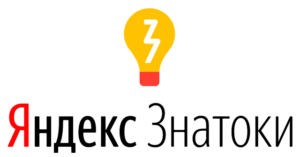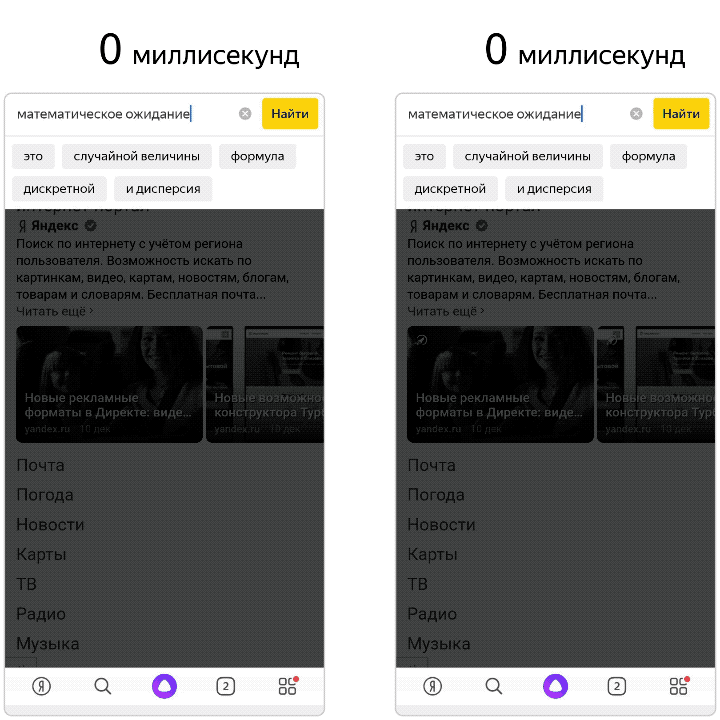Written by Anastasia Kurmakaeva
A few months ago we were talking about Yandex’s smart algorithm and how it has been evolving since Palekh’s big update in 2016. This update introduced a major new feature: the search engine’s algorithm became based on the artificial intelligence of neural networks in order to return results increasingly aligned with the search intent of its users.
Well, one week before the arrival of Christmas, and two weeks before the end of 2019, Yandex published a detailed post in its corporate blog communicating that a new update had been deployed, which follows the line of its immediate predecessors: the previously mentioned Palekh and also Korolyov and Andromeda. Now, it is the turn of “Vega”.
What’s new with Vega?
As explained in the blog (also available, by the way, in English), Vega incorporates more than 1,500 new improvements to the Russian search engine’s algorithm, the essence of which can be summarized in four fundamental points:
Search for higher quality
Palekh was the first step on a long road, the goal of which is to increasingly tailor search results to the meaning of the query, the user’s intent, rather than simple keywords. With Vega, neural networks are used already at the time of the construction of the search database. In this way, the algorithm identifies similar documents and groups them into clusters that are created based on their meaning, long before anyone requests them. So, when a user enters a query in Yandex, the search engine does not crawl its entire database in search of the answer, but ipso facto goes to the cluster ( s) corresponding to the meaning of the query. As a result, the resources required by the search engine to process the information are reduced and the results returned by the search engine are of higher quality.
Instant results
In line with the previous point, the fewer resources required to return results that respond accurately to the user’s request, the greater the speed. Not only that, but the other new feature of Vega is to load the results before a user finishes entering his/her query, which Yandex defines as pre-rendering. The algorithm “guesses” from the first terms entered what the search will be and provides results as soon as the user clicks on “Search”. And they prove it to us with this gif:
This functionality also incorporates instant search suggestions, something that, on the whole, is quite reminiscent of the now defunct Google Instant.
On the other hand, Yandex also created in 2017 its own version of Google’s AMP or Baidu’s MIP, the so-called turbo-pages, which serve to generate lighter versions of web pages, especially designed for mobile devices and slow connections. In 2019, this technology has been refined. The new documentation is already available to developers and website owners although, for the time being, only in Russian.
Expert answers

Hyperlocalization
Although the search engine was already taking into account the locality from which the search was being performed, with Vega the local searches are much more refined, at the level of neighborhood, street, and even building number. So, if you are looking for a plumber near you and there happens to be one in the building next door, that will be the first result Yandex will return. This brings us to another new feature introduced this year: Yandex Services. It consists of helping you to find specialists who offer their services around you. For example, if you need a private tutor for your children and there is a person living in the street or next door registered as such in Yandex, you can contact him/her to hire his/her services.





